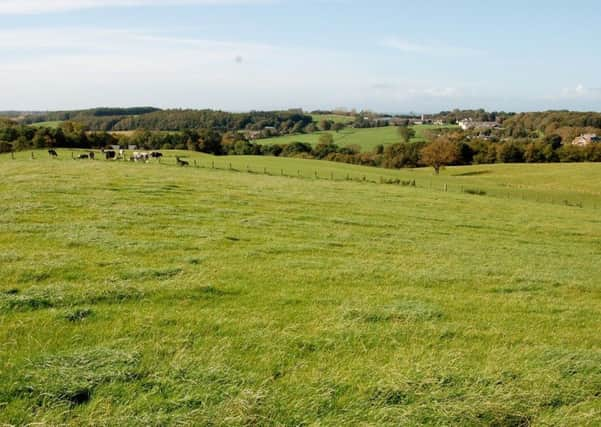Election manifestos are popping up daily


That puts the focus onto Labour and the Conservatives, but despite glossy presentations both fail to deliver firm evidence that they have a grasp on what agriculture needs.
One of the questions about Brexit is how people will know it has been a good decision. Just about everyone has a view, from staunch leavers to staunch remainers, with a large group in the centre that just want to see it sorted to end the present uncertainty. As to that question of what shape a good Brexit will take, it would have to be one that delivers a better outcome than where we are now as members of the EU and the single market. This is not about issues of sovereignty or immigration control, but about Brexit delivering an economic outcome that improves the lot of a key industry like agriculture and food.
Advertisement
Advertisement
The Labour manifesto on the countryside is big on promises and short on practicalities. It wants socialist policies such as local authority owned farms, tighter control of wages and urban animal welfare standards including an outright ban on badger culling. On Brexit it promises fresh negotiations with the EU after a second referendum, but where Labour is seeking votes few farmers are going to see this document as a reason to vote for the party. It is effectively a document on rural areas and agriculture to win support from an urban electorate, reflecting the fact that Labour has few rural seats.
If that is disappointing, but not surprising, the Conservative manifesto is just disappointing. Many of those now in senior positions in government were the advocates of leave in 2016. On that basis farmers could rightly expect that they would live up to the promises made then.
What we were promised, when the farmer vote was being pursued, was a better policy than the CAP – one designed to fit UK conditions to deliver a progressive, profitable farming industry capable of being globally competitive. If that was the offer then, it is certainly not what is on offer in the party manifesto.
Instead the commitment is to a support policy that will reward farmers for delivering ‘public good’. This is a term used by economists to describe policies that deliver positive outcomes for society at large.
Advertisement
Advertisement
This is a fine concept, but it ultimately depends on how you define public good. The reason farming support was developed here and in the post-war EEC was to achieve food security. Quality food, locally produced would by any measure be a public good, not least here because it is the foundation of the food industry as our biggest employer.
However in the Tory manifesto public good is about pursuing the green vote, suggesting farmers will only be paid for delivering environmental outcomes.
Farmers already do this, but in future the output of a farm will be environmental delivery to secure funding, with food a by-product of that process. That seems a perverse interpretation of an agricultural support policy, but it makes sense for politicians. Green issues are now real vote winners; the election battle and politics beyond will be won or lost in urban areas. Politicians want to sell policies that will go down well with a majority of voters, and that is why we are on the road to a support model that will make the greening aspects of the CAP look simple.
If farmers end up looking at the CAP and being glad to have a different model then Brexit will have worked. There is no question that things are not good in the EU-27, with mass farm protests taking place this week in Ireland, France, the Netherlands and Germany. It is doubtful, much as they might like to do so, that the EU-27 would risk changing the CAP into a model that only rewards environmental delivery. Green goals will remain a bolt on to the CAP, not its central goal – despite 20 per cent of EU funding now having to be linked to climate change mitigation. In time UK farmers will decide whether a new ultra-green support model passes the test of being better than the CAP. However what is already clear is that it is not what they were promised in 2016, before the EU referendum.